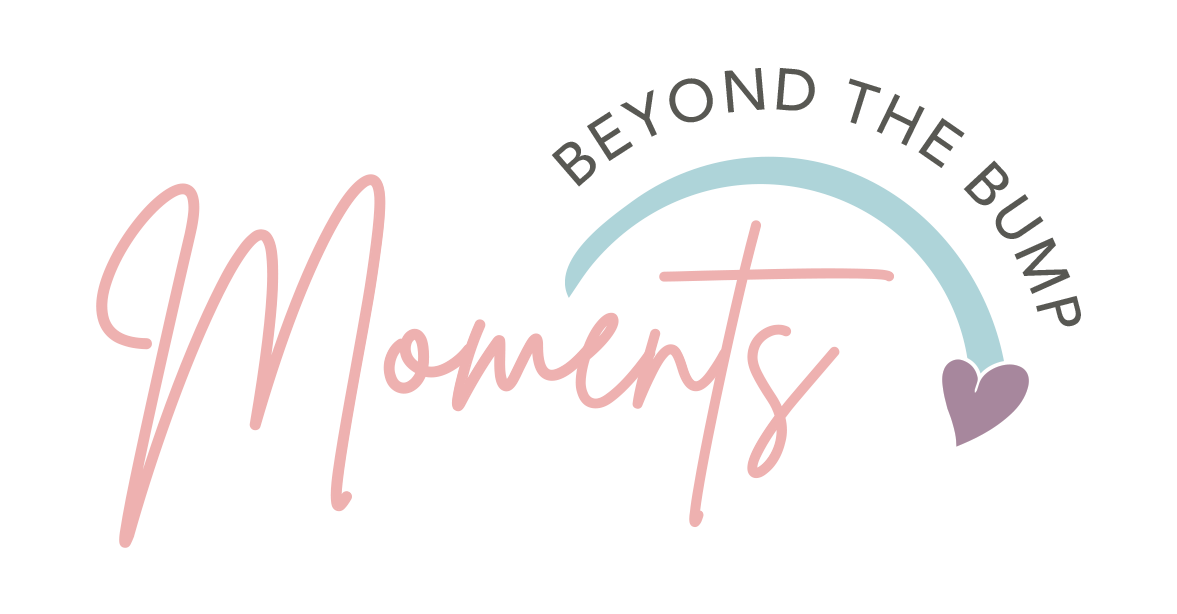When Self-Care Becomes Self-Preservation…
Motherhood is often painted as a beautiful journey filled with love, joy, and tender moments. But anyone who’s been in the trenches of parenting knows that it’s also a marathon of sleepless nights, endless to-do lists, and the constant challenge of keeping everything and everyone together. In the midst of all this, self-care might seem like a luxury—something to squeeze in if there's time. But what happens when self-care isn’t just a nice-to-have, but a must-have? When it shifts from being a comforting bubble bath or a quick coffee break to something much deeper—a means of self-preservation?
The Thin Line Between Burnout and Balance
The demands of motherhood can quickly lead to burnout if you’re not careful. And the truth is, many moms don’t even realize they’re burning out until they’ve hit the wall. The overwhelming feeling of being needed all the time, the constant worry about doing things right, and the sheer exhaustion of managing it all can leave you running on fumes. It’s in these moments that self-care transcends the realm of pampering and becomes essential for your survival—both mentally and physically.
Recognizing the Signs That You Need More Than Just a Break
It’s easy to dismiss the signs that you need a break. You might think, “I’m just tired,” or “It’s just part of being a mom.” But there’s a difference between the usual wear and tear of parenting and the deeper signs that your well-being is at risk. Here are some red flags to watch for:
Constant Irritability
Snapping at your partner, kids, or even yourself? This might be more than just a bad day. If irritability becomes your default mode, it’s a sign that you’re running on empty.
Physical Exhaustion
Feeling tired is normal, but if you’re experiencing chronic fatigue, headaches, or even body aches, your body is telling you it needs more than just a quick nap.
Emotional Numbness
When the things that used to bring you joy no longer do, or when you feel disconnected from your emotions, it’s time to take a closer look at your mental health.
Overwhelm and Anxiety
If you’re constantly feeling overwhelmed or anxious, even about small tasks, it could be a sign that your mental load is too heavy and needs to be lightened.
Shifting the Mindset: From Guilt to Necessity
One of the biggest barriers to self-care for moms is guilt. The guilt of stepping away, of saying no, of asking for help. But when self-care becomes self-preservation, it’s important to reframe the narrative. Taking care of yourself isn’t selfish—it’s essential. You can’t pour from an empty cup, and your family needs you at your best. Prioritizing your health and well-being ensures that you have the energy, patience, and mental clarity to show up fully for your loved ones.
Practical Steps to Make Self-Care Non-Negotiable
So how do you make self-care a non-negotiable part of your life, especially when it feels like there’s no time? Here are some practical steps:
Set Boundaries - Learn to say no to things that drain your energy or add unnecessary stress. This might mean declining certain social invitations or asking for help with household tasks. Boundaries protect your mental and emotional space.
Schedule “Me Time” - Put self-care on your calendar like any other important appointment. Whether it’s a walk, reading a book, or simply sitting in silence, carve out time just for you.
Ask for Help - Don’t be afraid to lean on your support system. Whether it’s your partner, family, or friends, asking for help isn’t a sign of weakness—it’s a sign of wisdom.
Practice Mindfulness - Even if you can’t escape for a long retreat, moments of mindfulness throughout the day can help. Practice deep breathing, meditation, or simply savor a quiet moment to center yourself.
Seek Professional Support - If you’re feeling overwhelmed, it might be time to talk to a therapist or counselor. There’s no shame in seeking professional help—it’s a powerful step towards taking care of your mental health.
You Deserve to Thrive, Not Just Survive
Motherhood is one of the most rewarding yet challenging roles you’ll ever take on. But in the process of caring for others, don’t lose sight of the importance of caring for yourself. When self-care becomes self-preservation, it’s a signal that you need to make a change. You deserve to thrive, not just survive. By prioritizing your well-being, you’re not only taking care of yourself but also ensuring that you can continue to give your best to those you love most. Remember, you’re worth the time, the effort, and the care it takes to keep yourself healthy and whole.
